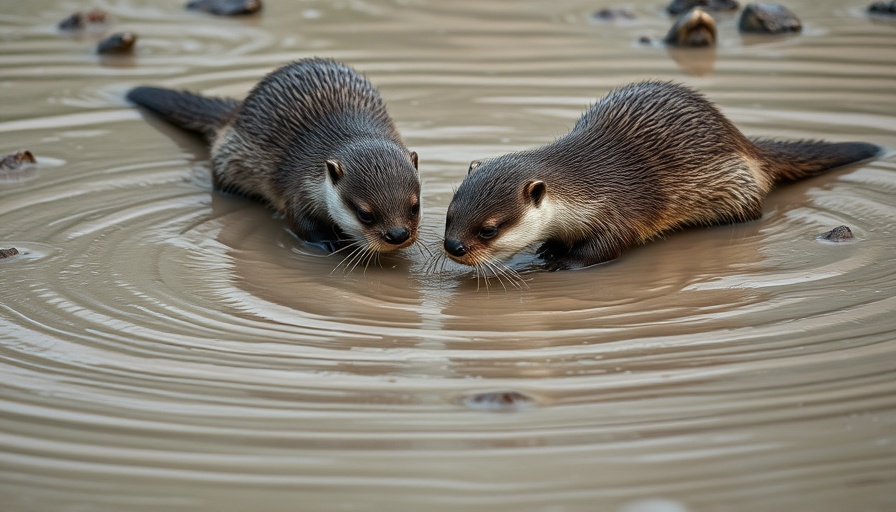
Urgency of the 30x30 Ocean Protection Goal
The goal to protect 30 percent of the ocean by 2030 is a grand initiative put forth during the UN’s COP15 biodiversity conference. Although celebrated as a significant breakthrough in biodiversity preservation, the reality now suggests we are far from achieving this target. As of today, just 8.3 percent of the ocean is designated as protected, with projections indicating we might reach only 9.7 percent by the deadline. Immediate actions must be taken to close this gap and ensure marine habitats are safeguarded against destructive activities.
Why Local Leadership is Key
Experts, including Rocky Sanchez Tirona from the NGO Rare, argue that local communities must take charge to achieve effective marine conservation. With over 113 million people globally depending on small-scale fisheries for their livelihoods, allowing these communities to manage their own Marine Protected Areas (MPAs) could be a game changer. Local fishermen in Indonesia and the Philippines are already taking action to preserve their waters, demonstrating that grassroots efforts can lead to substantial progress.
Facing the Consequences of Delays
The threat of failing to meet the ocean protection goals is particularly acute for coastal communities that rely heavily on marine resources for their day-to-day survival. As fish populations dwindle, fishermen are compelled to venture further and longer to catch sufficient quantities, threatening their livelihoods and food security. With these challenges looming, community-driven solutions have never been more crucial.
The Need for Immediate Action
Research indicates that around 190,000 small marine protected areas need to be established in coastal zones, alongside an additional 300 large MPAs in offshore waters by the year 2030 to exhibit tangible changes. Daily commitments to set up at least 85 new MPAs are essential, emphasizing the need for urgency and a focused strategy.
Collaborative Approaches Toward Protection
Collaboration between local communities and governments can catalyze effective marine conservation efforts. Initiatives are already in motion, empowering communities to propose and delegate local MPAs while ensuring scientific backing to enforce their protection. By encouraging communities to take ownership of these areas, we foster better stewardship of marine resources and greater accountability.
Support for Sustainable Livelihoods
Protecting ocean ecosystems is not solely an environmental concern; it is intricately tied to the economic health of coastal communities. By investing in sustainable practices and resilient ecosystems, we can create a buffer against the uncertainties brought on by climate change. Supporting initiatives that promote eco-friendly products and sustainable fishing methods can lead to a robust partnership between conservation and economic viability.
Global Perspectives in Local Solutions
The issues faced in marine environments are not exclusive to one region. The impacts of climate change and biodiversity loss are felt worldwide. As communities sound the alarm, their stories echo the urgent call for action. Centralizing local voices can enrich the global dialogue on environmental policies while holding larger entities accountable.
Steps Towards a Sustainable Future
Transitioning towards a sustainable future involves acknowledging our ecological footprint and implementing effective management strategies. Practices such as responsible fishing, waste reduction, and community gardens align perfectly with the goals of biodiversity conservation. As these initiatives grow, individuals can contribute by making conscious choices, such as opting for ethically sourced products and engaging in local environmental activities.
Ultimately, the path to achieving the 30x30 ocean protection goal is not solely dependent on international treaties and larger organizations but on empowering local communities to lead the charge. It is only through combined efforts—local, national, and international—that we can hope to hire better futures for marine ecosystems and the people that depend on them.
 Add Row
Add Row  Add
Add 



Write A Comment